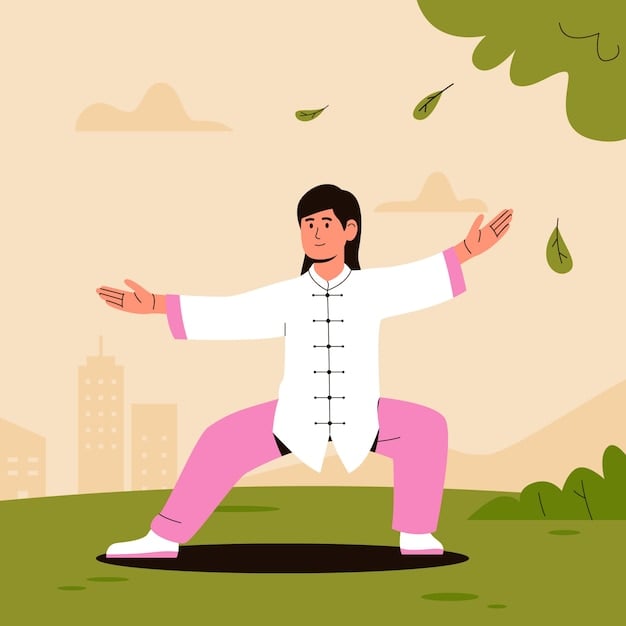this post was submitted on 22 Sep 2024
96 points (92.1% liked)
Asklemmy
44308 readers
1623 users here now
A loosely moderated place to ask open-ended questions
If your post meets the following criteria, it's welcome here!
- Open-ended question
- Not offensive: at this point, we do not have the bandwidth to moderate overtly political discussions. Assume best intent and be excellent to each other.
- Not regarding using or support for Lemmy: context, see the list of support communities and tools for finding communities below
- Not ad nauseam inducing: please make sure it is a question that would be new to most members
- An actual topic of discussion
Looking for support?
Looking for a community?
- Lemmyverse: community search
- sub.rehab: maps old subreddits to fediverse options, marks official as such
- !lemmy411@lemmy.ca: a community for finding communities
~Icon~ ~by~ ~@Double_A@discuss.tchncs.de~
founded 5 years ago
MODERATORS
you are viewing a single comment's thread
view the rest of the comments
view the rest of the comments

drop a martial art if it is failing to harm anyone.
Noncombative martial arts like Tai Chi derived from the need to hone skills like balance and flexibility separately from combat. Even though they contribute to better fighting they have personal benefits for non-fighters as well. Especially as people age. You could also learn the more harmful martial arts if that's your goal, but you'll find the skills learned in the noncombative class will help you win with less harm to your own body.
May I suggest that tai chi is very much a combative fighting style that simply has a larger audience with two chi for health. All of the forms can be sped up and effectively used as a martial art.
This is not exactly the case. "It can be used for combat" does not necessarily mean "it's the best/ideal/ready for combat". I would stress readily that if you are in the west, Judo and or Brazilian Jiu Jitsu are good for grappling arts. For striking arts Muay Thai is great! Some alternatives are sanda or dutch kickboxing. Though I'm not too sure on availability of Sanda schools in the west. If you really want to go the Chinese martial arts route, Choy Li Fut is a good style, and has supposedly gone toe to toe with Muay Thai on a few occasions.
I suspect it depends on the school. Also I think it depends on the student's needs and intentions. Tai chi can be very effective against many competing styles.
Tai chi is playing mario cart and drifting but at 1/10 speed.